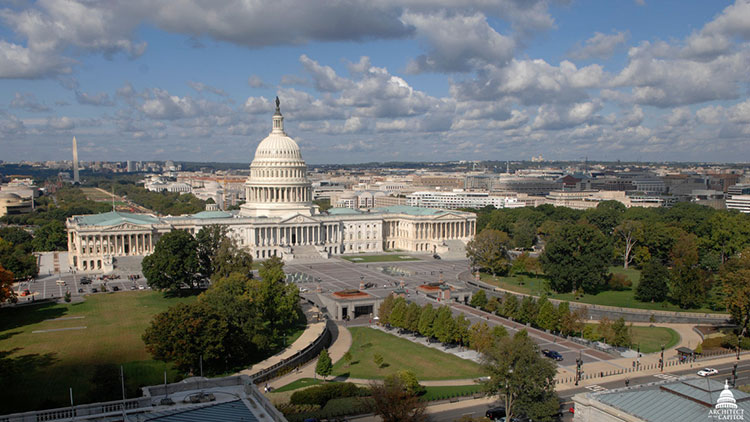Reps. Pelosi, Pallone Urge Pai to Ditch UHF Discount's Return

The smarter way to stay on top of broadcasting and cable industry. Sign up below
You are now subscribed
Your newsletter sign-up was successful
House Democratic leader Nancy Pelosi (D-Calif.) joined with Energy & Commerce Committee ranking member Frank Pallone (D-N.J.) Wednesday to try and head off the reinstating of the UHF discount, saying its return by the FCC would be using a "blunt, illogical and anti-consumer instrument" to re-open a loophole to further consolidation.
Before the FCC eliminated it under former chairman Tom Wheeler last year on a party line vote, the FCC had counted only half of a UHF TV station's audience reach toward the 39% cap on national reach by a TV station group owner.
New FCC chairman Ajit Pai has scheduled a vote April 20 on bringing the discount back until the FCC looks more holistically at media ownership regs, including whether that 39% cap should be raised if the discount is eliminated, something the Wheeler FCC did not do. The item is expected to pass with the support of fellow Republican Michael O'Rielly.
The legislators, in a letter to the chairman, told him he would be restoring a loophole that would allow further concentration. The discount dates from when UHFs were the weaker signal vis a vis VHF, a situation that was reversed with the transition to DTV given UHF's better propagation characteristics in digital.
Pai has also said he recognized the discount is something of an anachronism, but that removing it without raising the cap, or perhaps providing a discount for VHFs, was the wrong way to go.
The legislators signaled they were concerned that Sinclair was waiting for the discount to be returned so it could try and buy the Tribune stations, which would otherwise put it over the cap via the "funny math" of the discount. "That would be bad news for consumers in Tribune’s markets in two ways: first, consumers would lose an independent voice in their media market; and second, consumers could see their cable bills go up because Sinclair charges cable operators more than Tribune for retransmission consent," they wrote.
They said reinstating the discount would be for one purpose only—to let "big conglomerates" get bigger—and that since Congress set the ownership cap at 39%, it could not be adjusted legally by the FCC, so Pai could not consider reinstating the discount later in conjunction with raising the cap.
The smarter way to stay on top of broadcasting and cable industry. Sign up below
Sinclair currently owns 173 stations in 81 markets.
The company had no comment.
Contributing editor John Eggerton has been an editor and/or writer on media regulation, legislation and policy for over four decades, including covering the FCC, FTC, Congress, the major media trade associations, and the federal courts. In addition to Multichannel News and Broadcasting + Cable, his work has appeared in Radio World, TV Technology, TV Fax, This Week in Consumer Electronics, Variety and the Encyclopedia Britannica.

